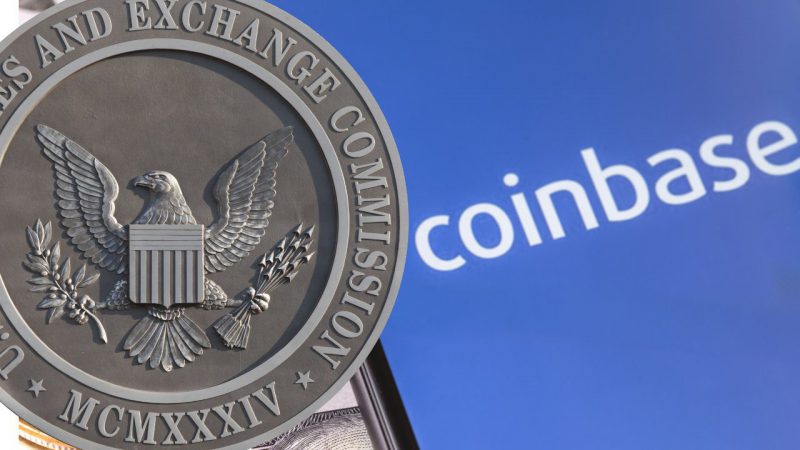According to a Thursday court order, the U.S. SEC will give its response to Coinbase’s defense on July 13. The hearing date is a lot sooner than previously anticipated. According to reports, Coinbase’s “creative” defense strategy is what led to the early date. The exchange submitted its initial response 40 days before the August 7 deadline.
As per the rules, the SEC needs to respond to the defense by July 13. The SEC requested a three-business-day extension for the July 4 holidays, which the court approved.
Also Read: SEC Says Coinbase Made Billions of Dollars Unlawfully
Furthermore, the court changed the pre-trial conference into a pre-motion conference. Additionally, the date changed from August 24 to July 13 at 14:00 UTC. During a pre-motion conference, the prosecutor or defense lawyer asks the court to rule on a particular issue before the trial.
According to Coinbase’s response to the SEC’s complaint, many of the coins included in the SEC’s complaint are not covered by the Commission’s jurisdiction.
Coinbase’s defense strategy against the SEC
According to a letter from Coinbase’s counsel, the exchange “has answered the SEC’s complaint with numerous defenses.” The letter further states that “there is a more fundamental problem with the SEC’s case— one that the Chair recognized two years ago and that entitles Coinbase to judgment on the pleadings now: The subject matter falls outside the SEC’s authority.”
By submitting its response 40 days early, the exchange used a strategy for judgment on the pleadings to advance the case. One legal expert called it a “creative strategy.”
Twitter user MetaLawman says that the exchange aims to “get documents helpful to its cause in front of the Judge through the Answer.”
Also Read: Binance.US Market Dominance Declines Amidst SEC Legal Battle
Judge Katherine Polk Failla will decide if Coinbase can move forward with this motion during the court appearance on July 13.
According to MetaLawMan, “This is typically a formality, and permission is granted unless there is some very good reason offered by the other side.”





